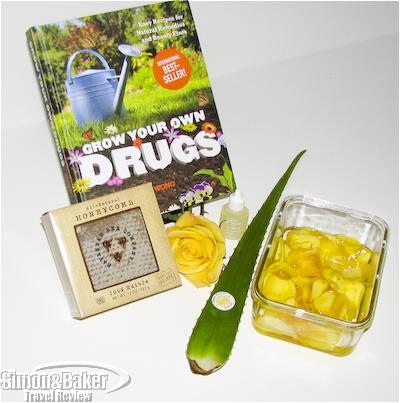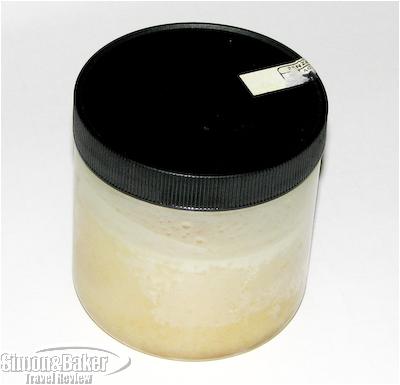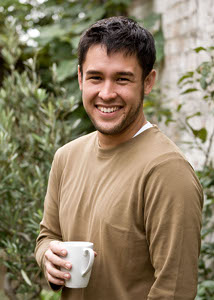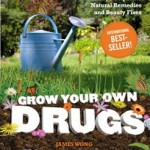
Ingredients for chapped lips balm recipe
Herbal enthusiasts wishing to find home remedies for simple maladies have a new resource, Grow Your Drugs: Easy Recipes for Natural Remedies and Beauty Fixes (Reader’s Digest, $19.95) by James Wong, host of a BBC series by the same name. There are 60 recipes for natural teas, creams, lotions, balms, gargles and cough syrups in the 224-page hardcover book with 150 color photos published earlier this year.
Many of the recipes are accompanied by color photos and step-by-step instructions. The book is divided into: Introduction, Getting Started, Remedies, Top 100 Medicinal Plants, Resources, Index and Acknowledgements. Wong provides recipes to deal with skin ailments including Athlete’s foot, eczema, insect bites and stings, acne, sunburn, age spots, fungal conditions, burn scars, poor foot circulation and chapped hands; digestive issues like bad breath, heartburn and indigestion, irritable bowel syndrome, constipation, flatulence, and diarrhea; children’s needs such as vitamin booster, head lice, ear wax build-up, and colic; Aches and Pains: Water retention, varicose veins, aching muscles, arthritis; and women’s problems like hot flashes, night sweats, morning and travel sickness, PMS, and cystitis.
He also offers suggestions for colds and flu, coughs and sore throats, cholesterol reduction, hangover, cold sores, immune system booster, mouth ulcers, restorative, memory enhancer, insomnia, migraine prevention, anxiety, hair strengthener, body scrub, bath and massage oil, deodorant, face mask, hand care, exfoliator, face toner and hair rinse, tired or red eyes, glycerin soap, plaque remover and gum soother, and chapped lips.

We placed the lip balm in a glass jar with a wide neck and kept it refrigerated
We tried the chapped lips recipe which required organic and fragrant rose petals, vitamin E oil, bees wax, honey, cheesecloth and aloe vera gel (optional). The biggest challenge was obtaining organic fragrant rose petals in our area. We located organic roses at the local branch of a national health food chain although the fragrance was rather muted. We couldn’t find bees wax so we substituted honeycomb for the bees wax. The resulting balm solidified in the refrigerator although it seemed too soft to carry around.

Author James Wong
James Wong, who grew up in Malaysia and Singapore, trained at the Royal Botanical Gardens, Kew and received an MSc in Ethnobotany from the University of Kent graduating with distinction. His research has taken him to highland Ecuador, as well as to China and Java. The University of Kent lecturer, an enthusiast about the utilitarian value of plants, co-designed and built two medal-winning gardens (in 2004 as the youngest medal winner and again in 2008).

Click here to buy Grow Your Own Drugs








